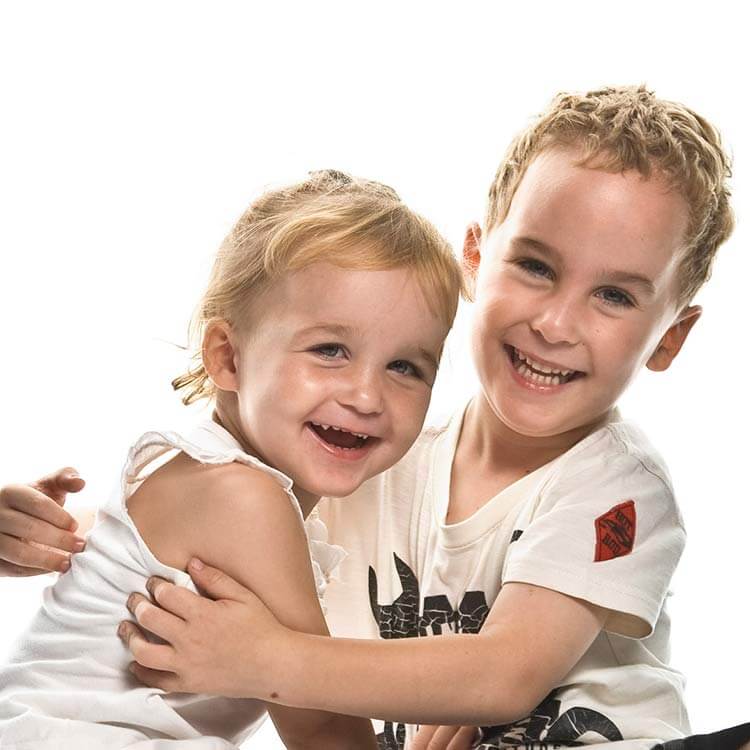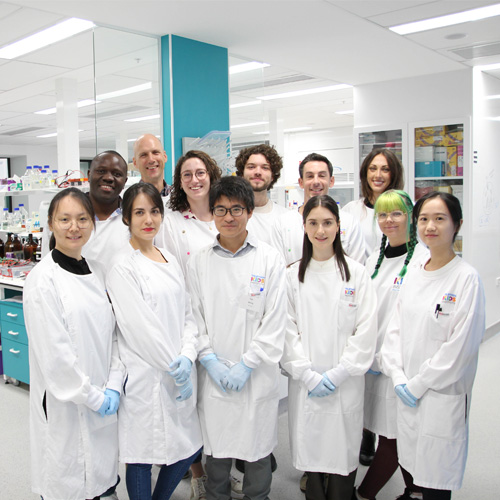Search
Research
Improving compliance with swallowing exercise to decrease radiotherapy-related dysphagia in patients with head and neck cancerDysphagia, one of the most common complications in head and neck cancer (HNC) treated with radiotherapy, can severely affect patients’ quality of life. Currently, because no “gold standard” treatment exists, swallowing exercise remains the main rehabilitation strategy for dysphagia. However, patients’ compliance with long-term swallowing exercise is only 40%, thus, greatly compromising outcomes. This article aims to analyze thefactors influencing swallowing exercise compliance in patients with HNC and explains strategies developed to date for improved rehabilitation outcomes.
Research
Comprehensive Testing of Chemotherapy and Immune Checkpoint Blockade in Preclinical Cancer Models Identifies Additive CombinationsAntibodies that target immune checkpoints such as cytotoxic T lymphocyte antigen 4 (CTLA‐4) and the programmed cell death protein 1/ligand 1 (PD-1/PD-L1) are now a treatment option for multiple cancer types. However, as a monotherapy, objective responses only occur in a minority of patients. Chemotherapy is widely used in combination with immune checkpoint blockade (ICB). Although a variety of isolated immunostimulatory effects have been reported for several classes of chemotherapeutics, it is unclear which chemotherapeutics provide the most benefit when combined with ICB.
Research
The interplay between sarcoma and surgery-induced wound healingTimo W. Joost Lassmann Lesterhuis BSc (Hons) MSc PhD Feilman Fellow; Program Head, Precision Health and Head, Computational Biology Centre Head,
Research
Transcriptional rewiring in CD8+ T cells: implications for CAR-T cell therapy against solid tumoursT cells engineered to express chimeric-antigen receptors (CAR-T cells) can effectively control relapsed and refractory haematological malignancies in the clinic. However, the successes of CAR-T cell therapy have not been recapitulated in solid tumours due to a range of barriers such as immunosuppression, poor infiltration, and tumour heterogeneity.
Research
Celebrating 100 years of Immunology & Cell Biology – a special focus on the field of tumor immunology in AustraliaIn this Commentary article, as part of the 100-year celebrations of the journal, we reflect on the contribution of articles published in ICB in the field of tumor immunology. A highlight is a series of interviews conducted with three Australian-based ICB authors who have contributed key papers over the years: Rajiv Khanna, Delia Nelson and Ian Frazer.
Research
Immune checkpoint therapy responders display early clonal expansion of tumor infiltrating lymphocytesImmune checkpoint therapy (ICT) causes durable tumour responses in a subgroup of patients, but it is not well known how T cell receptor beta (TCRβ) repertoire dynamics contribute to the therapeutic response.

Research
Cancer CentreListed are all The Kids Research Institute Australia research teams involved in our Cancer Centre. This Centre sits under the Chronic and Severe Diseases research theme.

We think all kids with Sarcoma should be able to lead happy, healthy lives! To achieve this, we aim to discover and develop safer and more effective treatments by doing inventive and rigorous research. We focus on addressing high relapse rates using a combination of unique pre-clinical models, patient samples and systems immunology.
Research
Time-course RNAseq data of murine AB1 mesothelioma and Renca renal cancer following immune checkpoint therapyTime-critical transcriptional events in the immune microenvironment are important for response to immune checkpoint blockade (ICB), yet these events are difficult to characterise and remain incompletely understood. Here, we present whole tumor RNA sequencing data in the context of treatment with ICB in murine models of AB1 mesothelioma and Renca renal cell cancer.
Research
Supportive care needs and associated factors among caregivers of patients with colorectal cancer: a cross-sectional studyTo assess the level of supportive care needs of caregivers of colorectal cancer patients and explore the related key influencing factors. Totaling 283 caregivers of patients with colorectal cancer were investigated in this study.
